Understanding Your Reason for Buying Bitcoin
Buying Bitcoin isn’t just about entering a new type of asset. For some, it’s an investment. For others, it reflects a belief in an alternative financial system. Whatever the reason, it’s important to be clear on why you’re buying.
Many regret their decision not because they bought Bitcoin—but because they did it impulsively. Maybe someone promised they’d get rich fast or showed off overnight profits. These approaches often lead to poor decisions.
When the purpose is clear, it’s easier to avoid pressure-driven or hype-based choices. You’ll be more cautious about where you buy and how you secure your Bitcoin.
Use Reputable and Licensed Exchanges
The most common way to buy Bitcoin is through an online exchange. There are both local and international platforms to choose from. What matters most is that the platform is licensed and has a trustworthy reputation in the crypto community.
Licensed exchanges usually require identity verification or KYC (Know Your Customer). While this may seem like a hassle, it’s actually a sign that the platform follows legal and safety regulations—making your funds more secure.
Avoid websites with vague company details, no customer support, or that are unknown in the crypto world. No matter how good their offer looks, if they can’t be verified, your money is at risk.
Avoid Unprotected Peer-to-Peer Transactions
Some people buy Bitcoin through peer-to-peer (P2P) deals or directly from individuals. While prices may be lower, the risk is much higher—especially without an escrow service or third-party safeguard.
There have been cases where buyers paid but never received Bitcoin, or were tricked by fake payment proof. Without protection, these scams are nearly impossible to recover from.
If choosing this route, only deal with trusted sellers with a strong reputation. Use platforms that include built-in escrow and messaging systems to protect both parties.
Strengthen Your Device and Connection Security
No matter how legitimate the exchange is, your personal security setup also matters. Many scams begin with phishing links, fake apps, or hidden malware like keyloggers.
Only use official websites or apps from trusted sources. Avoid links sent through social media or suspicious emails. Install antivirus software and use strong, unique passwords.
Enable two-factor authentication (2FA) for all crypto-related accounts. Even if someone obtains your password, 2FA adds an extra layer of protection. It’s one of the easiest and most effective safety measures.
Be Wary of Promises of Guaranteed Returns
A classic crypto scam involves promises of “guaranteed profits.” These scams ask for Bitcoin in exchange for promises of 50% or more returns within a few days, often using terms like “trading bot” or “mining program.”
In reality, no legitimate platform can guarantee profits. Bitcoin’s price is volatile, and even expert traders cannot predict returns with certainty. If someone guarantees easy earnings, it’s a major red flag.
Some victims are even pressured into recruiting others, turning the scam into a pyramid scheme. In the end, funds disappear, and no profit is ever received.
Understand the Role of Wallets in Asset Safety
After buying Bitcoin, you’ll need to decide where to store it. Some exchanges offer built-in wallets, but for stronger security, many prefer non-custodial wallets like hardware or mobile wallets.
The private key is your Bitcoin’s vault key. If only you control it, only you can access your funds. However, if it’s lost, so is your Bitcoin. That’s why securely storing your private key is essential.
For beginners, it’s important to understand the difference between custodial and non-custodial wallets. It’s not just about convenience—it’s about how much control you want over your Bitcoin’s security.
Watch Out for Fake Support and Impersonation Scams
Scammers often impersonate support teams from exchanges or wallet providers. They may reach out via social media, email, or even phone, claiming there’s an issue with your account.
Typically, they’ll ask for your recovery phrase, private key, or one-time passwords (OTP). Legitimate companies will never request this information. If someone does, it’s very likely a scam.
If something seems suspicious, don’t respond right away. Instead, verify through the company’s official website or customer support channels. It’s always safer to initiate contact yourself.
Investigate the Legitimacy of Social Media Promotions
Scams also spread widely on social media, where fraudsters pose as celebrities or popular brands. They promote giveaways like “Send 0.01 BTC and get 0.05 BTC back!”
These promotions are always fake. You’ll never get anything in return. Scammers may even replicate verified accounts to look more legitimate. Social media should be for updates—not financial transactions.
If you see these scams, report them. Helping take down fraud protects the entire community. Everyone has a role in keeping the crypto space safer.
Take Time to Research Before Buying
Buying Bitcoin does not require advanced expertise in blockchain technology, but entering the market without adequate preparation can lead to costly mistakes. Understanding the fundamental nature of Bitcoin—how it functions as a decentralized digital currency, how transactions are validated, and what it means to own a private key—is essential. This basic knowledge provides a clearer view of what is being purchased and the potential volatility or risks involved.
Research should also include comparisons between exchanges, security features, and wallet types. Some platforms cater to beginners with user-friendly interfaces, while others offer advanced trading tools. Similarly, choosing between custodial and non-custodial wallets affects how much control and responsibility a user has over their assets. Buying strategies such as spot buying, dollar-cost averaging, or long-term holding also vary depending on one’s financial goals and risk tolerance.
In the digital asset space, knowledge functions as a first line of defense. A well-informed user is far less likely to fall prey to common scams, misleading promotions, or impulsive decisions driven by hype. In a rapidly evolving market where trends can shift overnight, continuous learning equips individuals with the tools to adapt and respond wisely, safeguarding both assets and confidence.
Safe Bitcoin Buying Is Possible with the Right Steps
Acquiring Bitcoin does not have to be intimidating or complex. The process can be safe and straightforward when approached with the right mindset and preparation. Establishing clear objectives, such as whether the purchase is for long-term investment, payment use, or portfolio diversification, helps guide decision-making and reduces emotional responses to market movements.
In an online environment filled with both legitimate platforms and deceptive schemes, discernment is key. Choosing regulated and well-reviewed exchanges, enabling two-factor authentication, and avoiding offers that promise unrealistic profits are practical ways to minimize risk. A cautious approach—rather than one driven by urgency or fear of missing out—creates a more stable and secure experience.
Bitcoin was designed to provide financial autonomy, but that autonomy comes with the responsibility to act wisely. With the right steps, users can take advantage of the benefits of decentralized finance without exposing themselves to unnecessary threats. Safe Bitcoin buying is not only achievable—it is sustainable with the right habits, awareness, and tools in place.
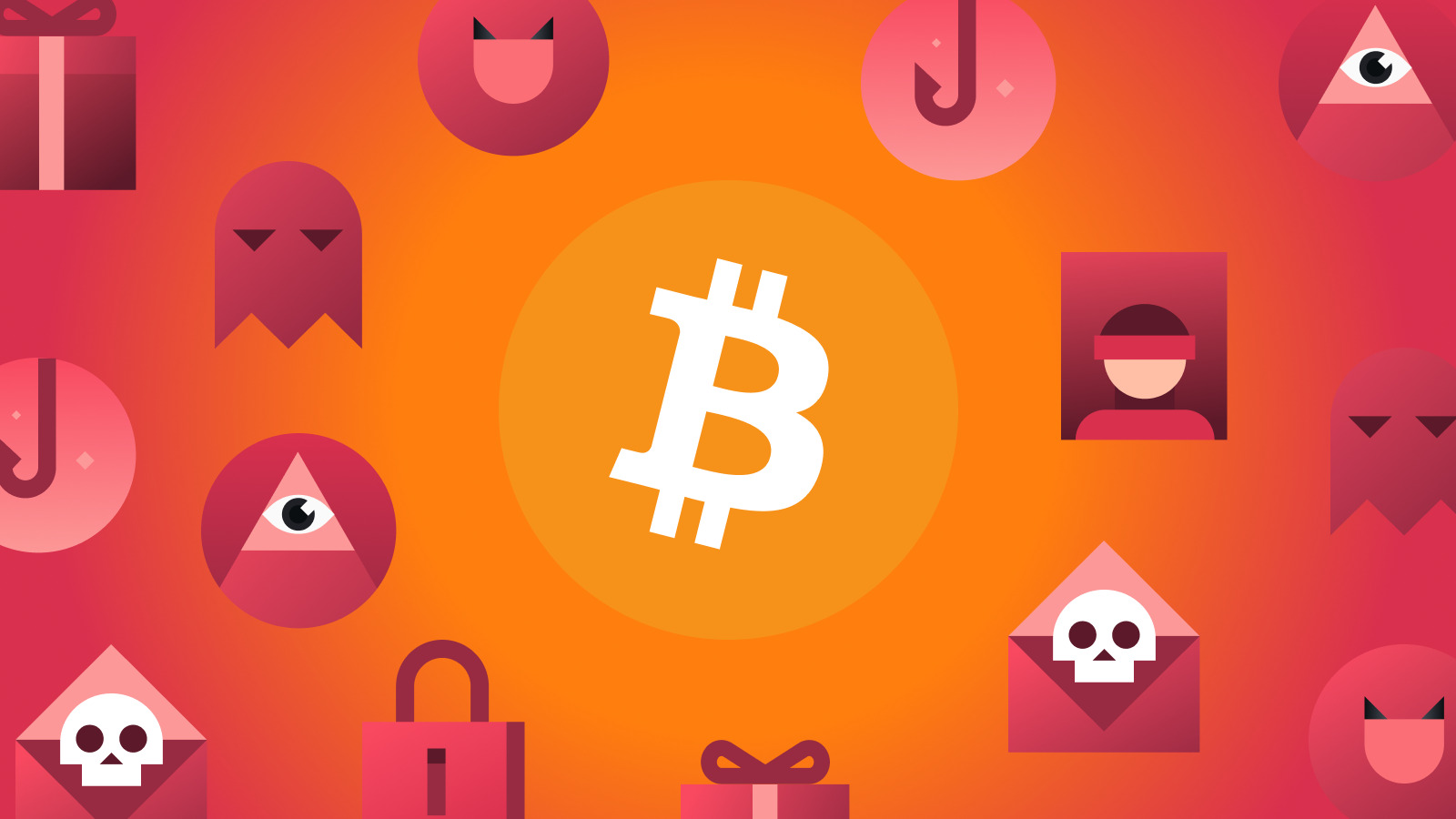
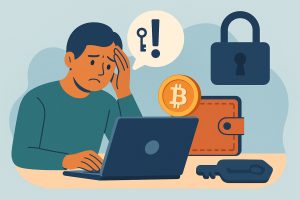
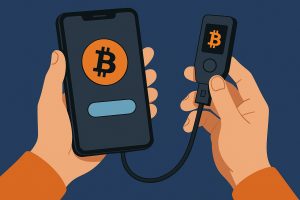
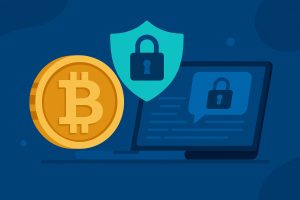
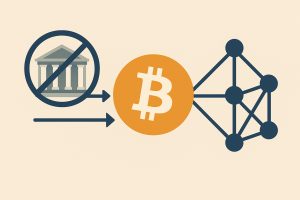
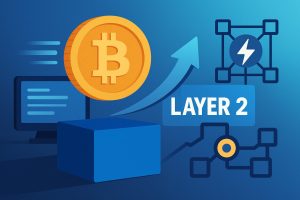
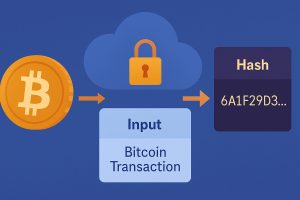
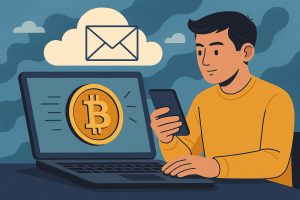

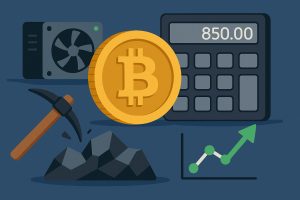
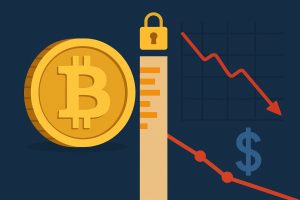
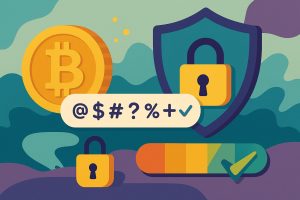

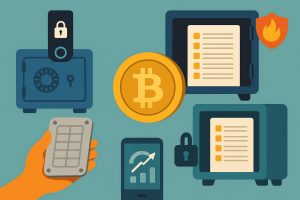


No Responses